Mark Leonard at Reuters has some interesting thoughts about how the Scottish independence vote could be “the canary in the independence coal mine,” a harbinger of both statehood movements and political trends in “many nations that do not face imminent break-up – from America to Zambia.” He specifies four of those trends as a desire for self-government that trumps economic interests, resurgent nationalism (which he stretches mightily to cast as part of the “progressive” quest for “income equality”), the loss of influence by national elites, and the death of nationhood.
Using nationalism to conceal dead-end flat-broke “progressive” policies and trick people into voting for a socialist utopia is a strategy that will have a short, unhappy life. It would be more accurate to say that the century-long push toward centralization is ending because it’s literally bankrupt. Turning Scotland from a welfare state funded by British taxpayers into a welfare state funded by German taxpayers of the European Union really isn’t much of a transformation. The welfare state is the problem, not who pays for it. Nobody can afford to keep “socialist utopias” floating.
The corrosive welfare state is a toxic byproduct of centralization. Relatively small groups of people don’t come up with lifelong “you work, I eat” systems, with 90 cents of every dollar disappearing into Big Government administrative overhead. One of the reasons private charities tend to be more efficient that government welfare programs is simply that they’re smaller, with local people using tight budgets to assist people they become personally familiar with. The soul-deadening, human-capital-degrading nightmare of anonymous people getting EBT-card refills from faceless bureaucrats who scarcely bother to verify their paperwork is something that only endures on a large scale.
That goes for the other side of the “socialist utopia” welfare system, too. Only huge governments develop billion-dollar slush funds the Ruling Class can use to pay off its favorite lobbyists and corporate partners. Only centralization creates the weapons of anti-competition that allow absurdly inefficient government-business hybrids to endure. If people have a choice, they tend to take their business elsewhere – something central planners find extremely frustrating. “Too Big to Fail” is the kind of problem that only money-is-no-object central government could cook up.
When government goes big, arrangements that look like outrageous corruption to voters in a smaller polity are inflated until they become standard operating procedure… huge dirigibles of corruption that float serenely overhead without anyone really noticing them. The sort of thing that will set county meetings and local editorial pages on fire passes unnoticed in Washington, D.C.
Leonard’s point about the yearning for self-government and representation in Scotland illustrates a universal desire the Western world learned to suppress throughout the 20th Century, in the mad rush to build mighty national governments – a race in which the people of republican democracies were tricked into thinking they needed bigger central governments to compete with the illusory achievements of fascism, communism, and Japanese-style corporatism:
The Unionist ‘No’ camp have stressed all of the economic benefits of being part of the union as well as the uncertainty about the future of a Scottish currency as well as Scottish membership of the EU and NATO. This week has been full of talk of dangers to Scotland’s financial services industry from independence (several banks just announced that they would relocate their headquarters to London). The UK treasury estimates that Scots received between 14 percent and 16 percent more in public spending per head than people in the rest of the UK.
However, many of these arguments pale into insignificance when compared to the power of their pro-independence ‘Yes’ camp’s argument that Scotland has not voted for a Conservative government since 1935 and yet has spent more than half of the last century being governed by Conservatives (at the last election, David Cameron’s Conservative Party won only one out of 59 seats in Scotland). As Owen Jones argued in the Guardian, “to most Scots, living under a Tory-led government seems absurd, like being forced to live under a hostile foreign occupying force.
These sentiments are increasingly felt across the world. Despite casting ballots, people still feel unrepresented. In the European elections, populist parties from the Front National in France to Syriza in Greece argued that though people could change the government, they can not change the policies that shape their larger world. It is a feeling applies to all countries that feel battered by uncontrollable global forces, however valid elections may be in their own backyards.
Isn’t it a matter of simple logic that when government grows in size, the power of the individual voter is diluted, making “representation” an increasingly elusive concept? We’re still wrestling with the relationship between taxation and representation two and a half centuries on, in a nation founded on the assertion that it is unjust to have one without the other. The funny thing is that back when we were pestering the British about representation, they told us it was impractical for American representatives to be sent to London – something physically difficult to do at the time – so we should be content with virtual representation by politicians in England who would look out for the interests of the American colonies. As everyone knows, that didn’t do it for the American colonists… but now our own titanic central government, powerful and activist beyond anything King George could have imagined in his less lucid moments, expects us to be happy with very similar “virtual representation” arrangements. Great power is wielded by antediluvian super-politicians from safe seats whose accumulated seniority gives them sway over the lives of people who will never even visit their districts, let alone cast votes in them. And to say that taxation no longer has any linkage with representation would be a comical understatement.
These problems are exacerbated by the final stage of centralization, the rise of the imperial presidency. When one man holds a disproportionate amount of power over the daily lives of American citizens, a lot of us – pretty close to half, given our partisan divisions – are going to feel “unrepresented.” The President is supposed to be an executive, not a representative – he faithfully executes legislation crafted by your representatives, within the limits of the government’s constitutional authority – but we’ve been persuaded to think of his election as the one vote that really matters. It matters more than constitutional authority, in fact. Of course this arrangement leaves the people who didn’t vote for the current president feeling unrepresented, as Democrats were known to loudly declare under George Bush, and Republicans say about Barack Obama.
Centralization is nothing less than the dissolution of representation, by its very nature. The further into the stratosphere power goes, the less impact a voter, his family, or his community have on the outcome. Assembling a coalition of voters that will get the attention of county executives is far easier than putting together the money and clout to make a Congressman or Senator take notice, which is in turn easier than winning the imperial President’s favor. Stitch nations into trans-national organizations, and it gets even worse, as unhappy members of the European Union can tell you. Every time I hear proposals for some new United Nations czar of gun control, climate change, or the like, I find myself asking: How do I go about voting that guy out of office, if I don’t like his policies?
Speaking of climate change, it’s a great example of a centralized agenda – more of a religion than anything else, at this point – which depends entirely on the dissolution of representation. Nobody can be allowed to vote against it. The opinions of the Little People are not important to the high priests of the Church of Global Warming – they’ll tell you what your opinions must be. Activists have been known to speak of democracy as an obstacle to their goals that should be swept away altogether.
Centralized power has a way of calcifying politics, granting enormous advantages to incumbents and party establishments. If you want a dynamic political system in which things get done… and paid for… you want a small system. The elites of Big Government are just too damn good at buying off constituents and assembling impervious electoral fortresses.
Smaller, less powerful governments are also better at balancing unity with harmony. “Unity” inevitably slides into the tyranny of the majority when the State is inescapable and omnipresent. A fierce political battle is held between politicians who all claim to know “what America wants,” and the winners shove their ideas down the throats of the losers, who are obliged at gunpoint to pay for them. When government is decentralized, the disgruntled have the option of walking away. That goes a long way toward bleeding rancor and destructive social pressures out of the system. “Why don’t you move to a state where they agree with you?” is a suggestion; “why don’t you move to a country where they agree with you?” is an insult.
It’s still early in the 21st Century, but I wonder if its great narrative will be reversing the 20th Century’s movement toward centralization. The Twentieth’s idea didn’t work out. To borrow a phrase from environmentalists, it’s unsustainable. It didn’t bring brilliant management of natural resources or national unity – instead, it gave us madcap spending, corruption on a breathtaking scale, and the looting of taxpayers, coupled with angry societies full of people driven to distraction by the inability to walk away from national arguments that aren’t going anywhere. We’d all get along better if we gave thinner, more accountable national governments a shorter list of things to do, and expected them to do better, while the rest of our public life returns to the more peaceable and responsible business of self-government. People of the 21st Century, around the globe, are wondering if their great-grandparents gave that up too easily.

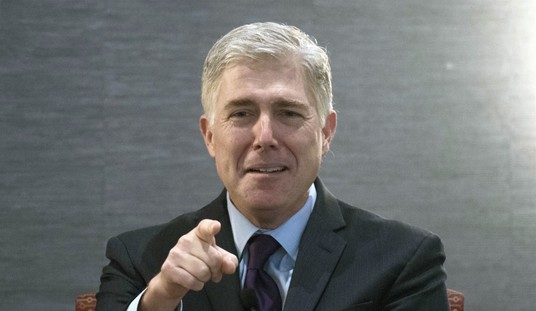
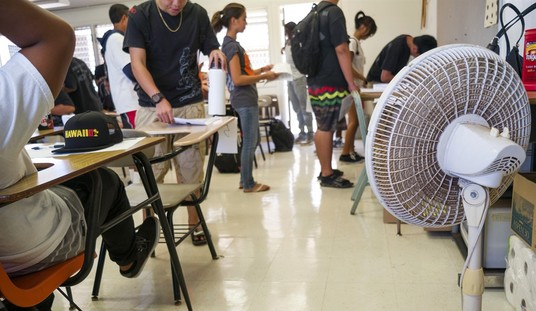





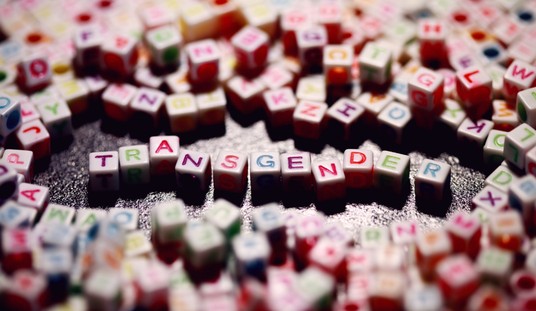
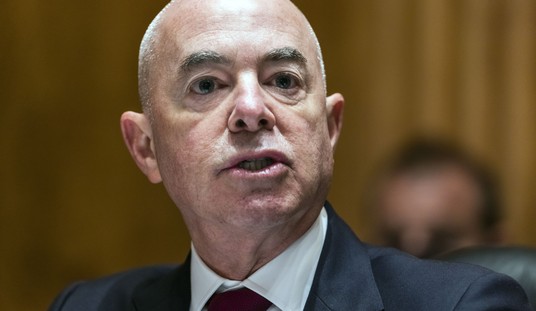

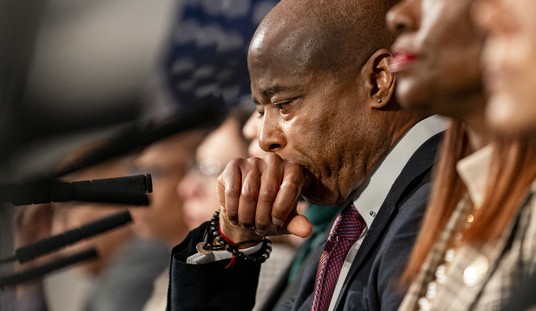

Join the conversation as a VIP Member